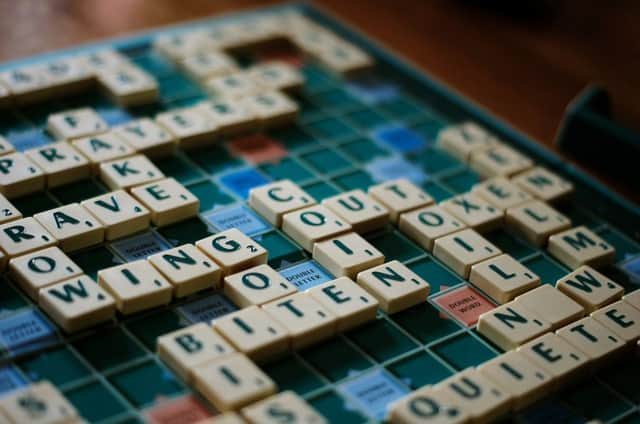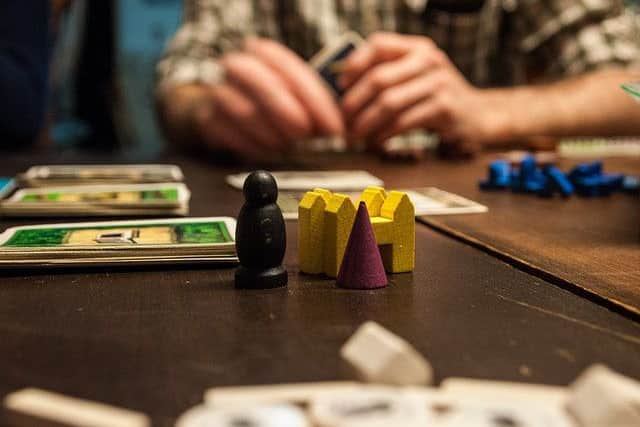Are boardgames making a comeback?


But lately, there’s been talk of a ‘tabletop renaissance’, and technology has played a big part in it. Smartphones and tablets have reignited people’s interest in boardgames, acting as a bridge between a digital experience and the real thing. Websites like Amazon have opened the door to a whole new way of purchasing boardgames, too. Once limited to specialist retailers, boardgame sales have flourished online.
Their popularity still pales in comparison to PC and console bestsellers, their sales have risen between 25 per cent and 40 per cent annually, according to the Guardian. These figures account for not only the classics such as Monopoly and Cluedo, but also a variety of innovative new games established by designers from across the world. If you’re considering joining the tabletop renassaicance, then you can’t go wrong with these.
Monopoly Scotland Edition


(£27.05, Amazon)
Advertisement
Hide AdAdvertisement
Hide AdA Scottish twist on the classic, Monopoly Scotland allows you to take a “tour” around some of the best sights the country has to offer, including Loch Ness and The Cairngorms. Famous Scottish faces JK Rowling, Alex Salmond and Andy Murray also make an appearance.
Cluedo
(£16.99, Amazon)
Everyone’s favourite whodunnit murder mystery still remains a must-have for any tabletop gamer. Cluedo’s format requires players to investigate and question those around them, monitoring body language and behaviour to determine who did what where.
Pictionary
(£19.99, John Lewis)
Christmas day regular Pictionary is ideal for any ages and relies more on creativity than most of the classic games. The guessing game requires players to show their creative side by drawing a word, which the other team member then has to guess. As opposed to the more contained board games, Pictionary can often descend into madness as players attempt to communicate without actually speaking.
The Settlers of Catlan
(£59.95, Amazon)
Since its release in 1995, The Settlers of Catan has sold over 18m copies. The game was originally designed by German dental technician Klaus Teuber and requires players to compete to colonise an island, completing tasks such as building settlements, laying down roads and trading goods. As the board itself is changeable, each game is slightly different to the last. Based on its popularity, the Settlers of Catlan has now become a worldwide franchise and is always expanding.
Connect Four
(£9.99, Tesco)
Connect Four has been described as a game of pure skill. If you exercise the art of forward thinking and strategic planning, you need never lose. Of course that’s easier said than done. If you’re looking for a game least likely to start World War 3 at your Christmas party, this is probably it.
Scrabble
(£16.00, Debenhams)
According to the company which owns the rights to Scrabble in most countries, more than 150 million sets have been sold – in 29 different languages – since it first went on the market nearly 70 years ago. It is also said that around 30,000 games are started somewhere in the world each hour. The game’s popularity is partially down to the middle ground it created between chance and skill. You needn’t have the biggest vocabulary to win, but it does help.
Trivial Pursuit
(£24.99, Argos)
Trivial Pursuit was once named “the biggest phenomenon in game history” by Time magazine. Since it was first launched in 1981, 50 special editions have been released, reflecting just how popular it is in the tabletop gaming world. Despite being accused of having “dumbing down” the questions, Trivial Pursuit has managed to sell 100m copies in 26 countries in at least 17 languages.